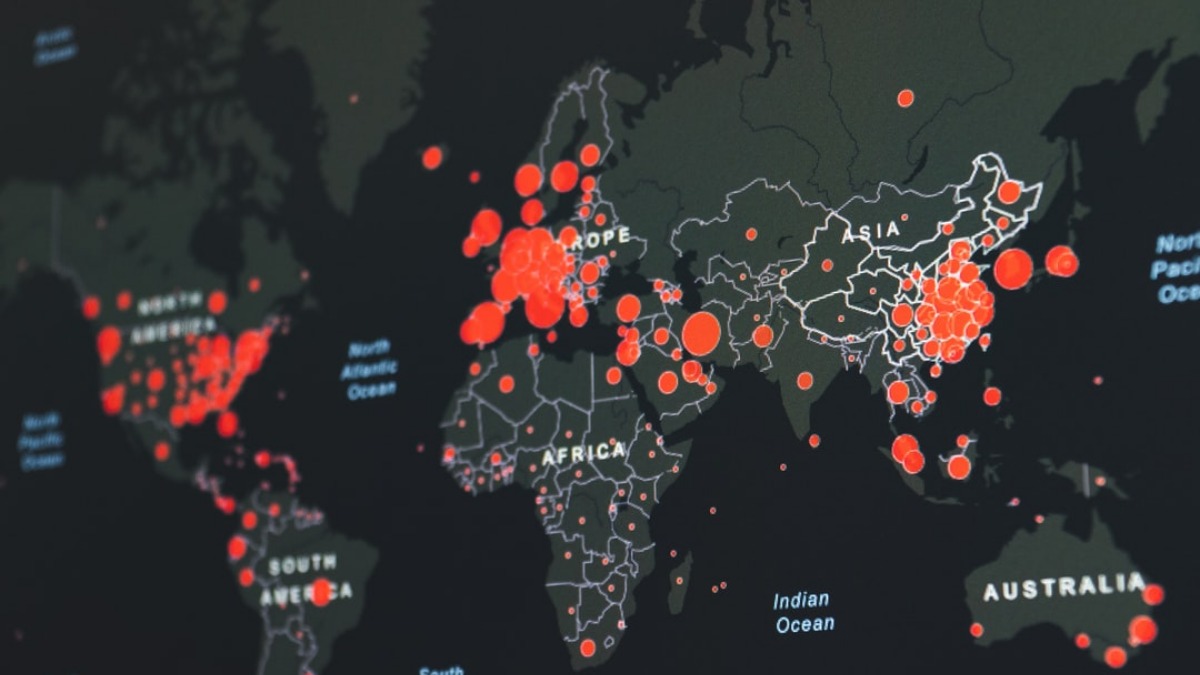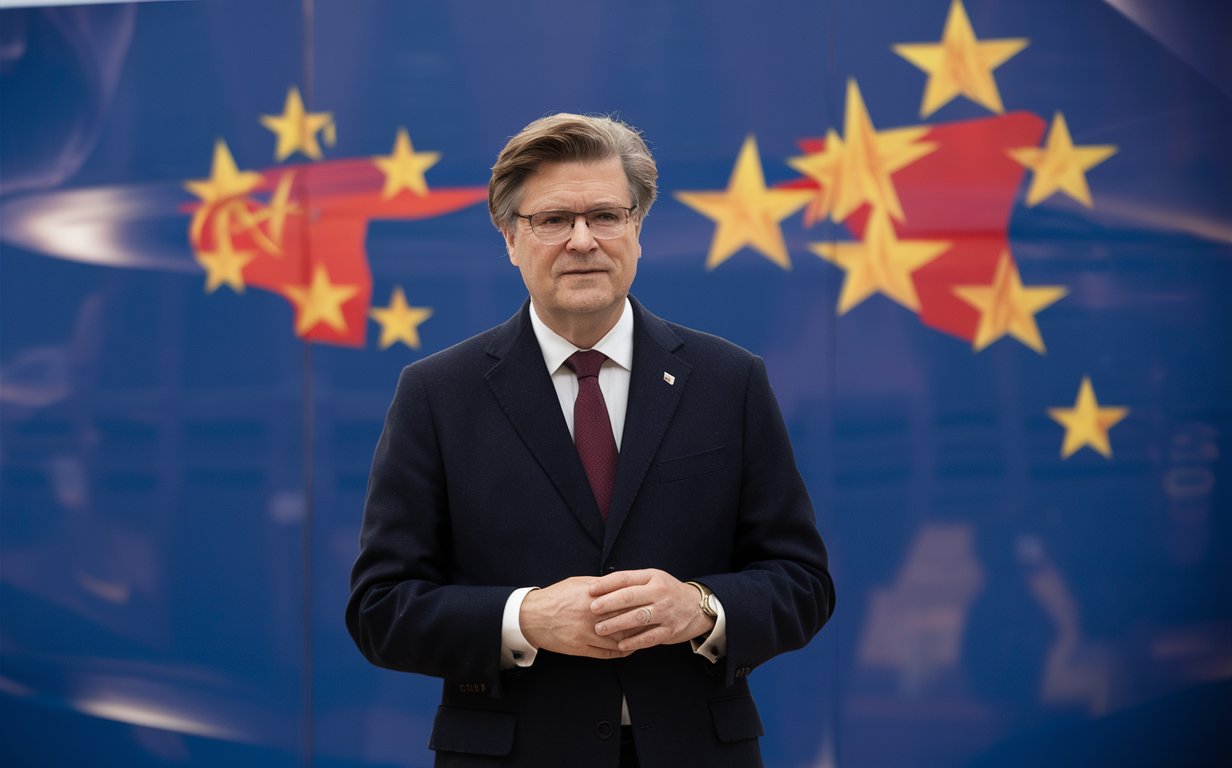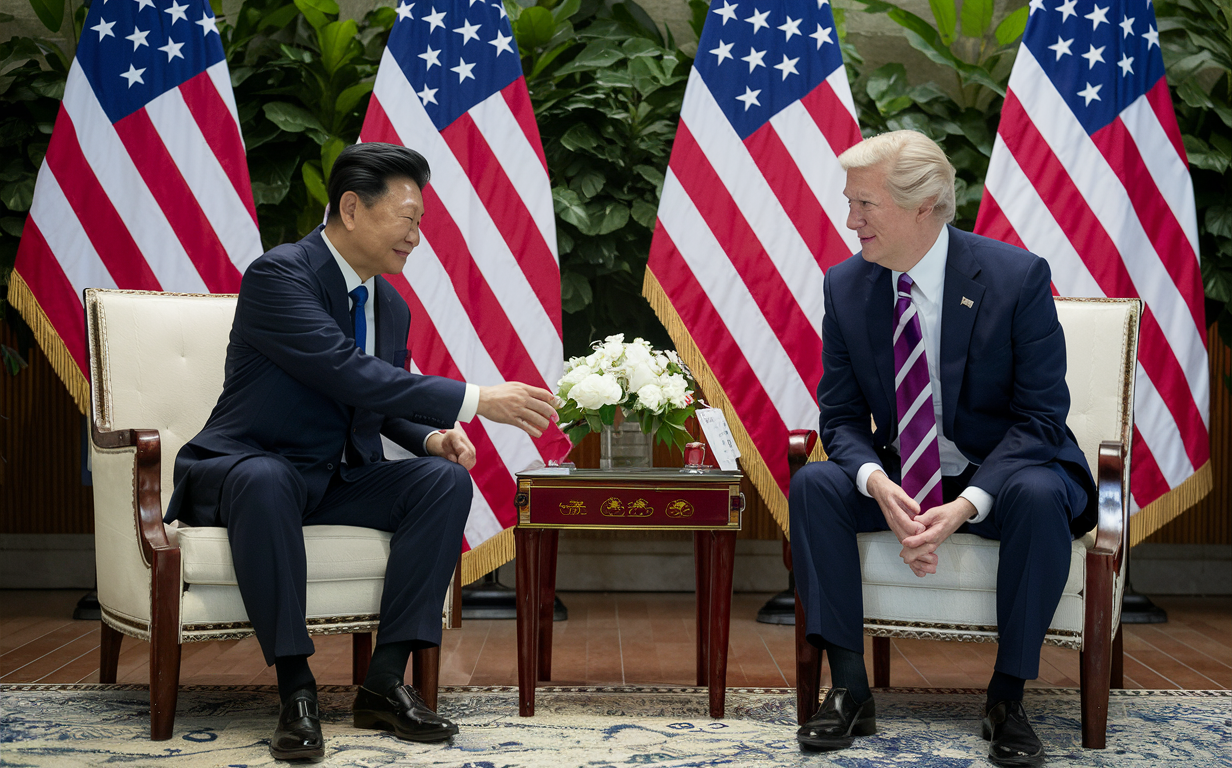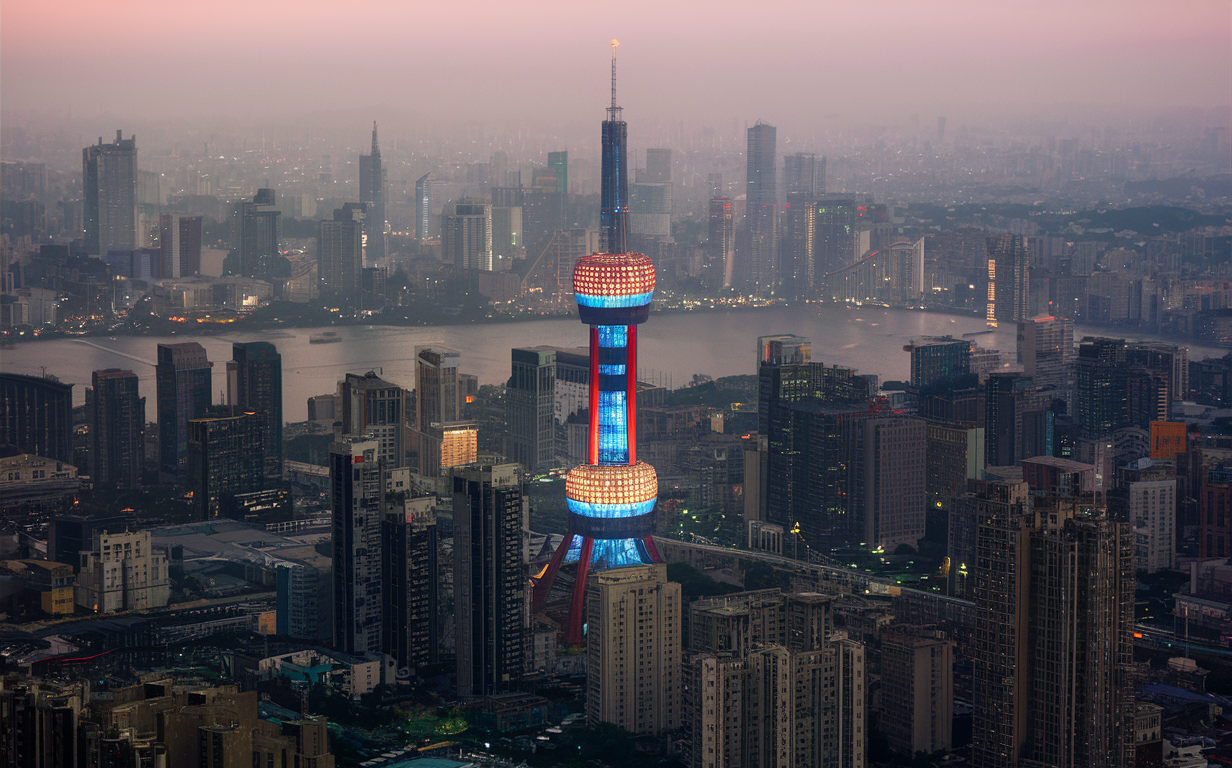China
Coronavirus Pandemic and Global Response

The World is undergoing serious economic, social and health crisis as the Covid-19 outbreak originating from Wuhan China, has spread to almost all the continents of the World except Antarctica – the Unhabitated Continent.
Hundreds of People died in china, Iran, France, South Korea and Italy. Italy has been severely gripped by a coronavirus. The Covid-19 after bringing catastrophe in Asia reached Europe and Africa.
Though Africa has limited cases as reported but given the alarming and catastrophic situation rising every day. The South Asian countries i.e. Pakistan, India, Bangladesh though ill-prepared to fight against this Pandemic have done a tremendous job in terms of preparations and taking preventive measures to limit the spread of the fatal Covid-19.
As hundreds of cases are reported positive, fear, economic crisis, education and health effects have played havoc to the countries to fight Covid-19. The World Health Organizations (WHO) has declared it pandemic asking countries to follow the precaution or preventive measures as circulated by WHO and Isolation facilities for those diagnosed positive.
The States have started diverting their funds towards fighting this novel Virus and having set up Emergency Health Centers and Isolation Centers for quarantining those arriving from worst-affected countries i.e. China, Iran, France, America and Italy.
Sindh has been the worst affected by this Virus with 146 confirmed cases as most of the cases are imported from Iran via Taftan.
These include those pilgrims (Zairian) who are returning from Iran after visiting holy places. CM Sindh has so far done a marvelous job by setting up Isolation and Screening Camp at Sukkur to diagnose and keep them at the facility to avert any possibility of contraction to their families.
KP stands second with sudden appearance 19 cases since these confirmed cases are also imported through Taftan border as the affected patients had recently returned from a pilgrimage from Iran. Baluchistan is on 3rd Number with 10 confirmed cases, GB 3 and Islamabad capital with 04 cases. Fortunately, there is any case in AJK.
The media is regularly breaking and updating news every moment regarding the novel coronavirus, adding the rise to the concerns regarding the sudden outbreak of the pandemic to more countries. The concerns and feelings of fear run high amid cancellations and postponement of all sporting activities, education, colleges, universities and Wedding or public gatherings.
Companies such as Google, Yahoo, Twitter, Microsoft and Apple have advised their employees to stay at home and work from their home. They also circulated the WHO guidelines among their employees and avoid gatherings of more than 10 people as announced in the latest guidelines of WHOM.
Countries are strictly following the preventive measures communicated to the people by WHO experts and putting bans on unnecessary travel in the city or out of city or borders.
It is the alarming and panicking situation since No vaccine nor has injection been made to treat those affected with the novel coronavirus. WHO cautions the countries having limited facilities to conduct tests and treat the patients advising states around the world especially the Asia and Europe to take preventive measures until the vaccine to treat this deadly virus could be discovered by Medical scientists and microbiologists?
At the moment Covid-19 has caused more deaths than Ebola outbreak in African countries, especially in Congo. According to reports that as per, the calculations based on the Center of disease control, the scenarios suggested that as many as 2.4 million to 21 million people in the U.S. could require hospitalization, potentially crushing the nation’s medical system, which has only about 925,000 staffed hospital beds as reported by Media.
The number is very low to house the huge number of affected people from covid-19. It may bring a panicking situation in a developed country like the USA. Less than a tenth of those are for people who are critically ill.
It would be disastrous to deal with the pandemic given the Medical facilities available at the US and the African states.
At the moment, China is the worst hit with 3800 deaths due to novel coronavirus followed by Italy with 1800 deaths, South Korea with 75 deaths, Iran with 600 deaths.
Luckily, the situation Africa is under control since so far there are a few reported cases but there is no confirmation of the Virus cases yet.
The African nations have started preparations for fighting this deadly virus, they have one advantage of fighting with the Ebola virus and the lessons learnt from dealing with that epidemic such health and hygiene requirements.
Though African countries have limited resources and facilities yet they have started following the WHO Precautionary measures to deal with Possible outbreak of the deadly virus that has spread all over the world.
Its implications are dreadful and catastrophic for the world at large. The world has been struggling to deal with this pandemic as Schools, colleges, universities, restaurants; religious Places have been shut over the fears of this Pandemic.
People are advised through the media campaigns and instructions circulated by WHO to adopt the precautionary measures to remain safe from this disease. Though the symptoms include fever, cough, close breathing affecting lungs, the precautionary material is being aired on Media to apprise people of this deadly virus that has been spreading at a massive scale.
Unfortunately, the medical scientists and microbiologists have not been able to discover any antidote to control it from the spread and contain it. Even WHO appears to be helpless against this disease rather circulated precautionary measures to remain on the safe side until a vaccine could be made for the treatment of the virus?
The physicians have been advising the common treatment for fever such as Paracetmol ,cough syrup and self-isolation to recover from this pandemic as preventive measure .
Till date, there are 100 reported cases in African Countries with two deaths happened in Morocco and Egypt each.
According to statistics of WHO the Country wise break up of reported cases of Virus covid-19: Algeria -20, Burkina Faso-2, Cameron-2, Democratic Republic of Congo -1, Egypt highest number of cases -59 includes one death, Morocco -3 with one death, Nigeria 2, Senegal 4, South Africa -13, Tunisia -5 and Togo -1. So far, the situation in African countries is normal only Egypt has the maximum number of cases reported.
The African Countries have been well prepared to contain the outbreak that has played havoc around the world specifically in Asian countries i.e. China, Iran and Europe. There are at least 150000 reported cases worldwide and over 6000 deaths owing to this deadly virus including 3600 deaths in china alone following by 1800 deaths in Italy.
The Ebola Experience has enabled the African nations to develop a comprehensive plan to fight this Novel Corona Virus. There are about 100 cases have been reported in 11 African Countries while there were only two deaths.
Most of the cases in Egypt are those passengers who had travelled from abroad and the crew members of the ship coming from the countries which are being worst or moderately affected by the deadly coronavirus. The reported cases are just imported out of Africa as there is not any domestic viral outbreak.
However, apart from the rest of world, African states have done a tremendous job to contain Covid-19 by adopting strict preventive measures by completely banning Travel from the countries which are the worst affected by the Corona Virus.
In this connection, Rwanda has not reported any case, yet it has advised the citizens to maintain hygiene in the country. Rwanda has installed hand Washing Taps and sanitizers to defeat the viral outbreak in the country.
Similarly, Kenya has not reported any cases, yet it has established the 120-bed Quarantine centre and two Testing facilities at Nairobi.
Nigeria has also made mandatory to use hand sanitizers while visiting banks, restaurants, Office and supermarkets to limit the spread of deadly Novel Corona Virus.
Even several health workers have been deployed by the Government of Nigeria at the international Airports to screen the passengers to avert any possibility of a contracting virus.
According to News reports that the Experience of Nigeria’s dealing with the Ebola Virus has enabled the African Nations to adopt the preventive measures to limit the contraction of Novel Coronavirus in the country.
All the Airline companies have suspended their flights over the fears of Covid-19 that include Rwanda Air, Kenyan Airlines, and Royal Air Morocco.
The lessons learnt from the Ebola virus have strengthened the preparation of African Nations to fight Novel coronavirus effectively since they have focused on maintaining hygiene in light of their dealing with the Ebola outbreak.
They have learnt that hand washing is the first line of defence against any viruses. The case studies of Ebola have furthered their defence.
On the other hand, China has been able to overcome the outbreak by bringing the number to single digits. WHO has also recommended learning from China how it faces this pandemic.
Chinese Experience should be utilized to help control the pandemic in Italy as it has been worst hit by Covid-19 where the death toll crossed 1800 People and Iran 600 people.
Even WHO should take experts from African countries, China and Europe to develop a strategy to fight this pandemic. The pandemic has been contracted in India with confirmed cases of 107, Pakistan with confirmed cases of 189 as per the latest information available. The numbers are constantly growing increasing concerns of people regarding the preparedness of various nations against this Pandemic.
Though, the cases reported and confirmed in South Asia are mainly those who travelled to Iran, Syria, and China. There is so far no confirmed case of domestic nature or any death. Even, there is no death reported yet in Pakistan, India, Bangladesh, Nepal, Bhutan, Afghanistan and Sri Lanka.
Luckily, after a long time, SAARC Leadership held the online Video conference to exchange level of readiness against this Novel Corona Virus. The Video Conference was held on the request of Indian PM Narendra Modi. Dr Zafar Mirza proposed a regional Mechanism to fight covid-19 and even demanded to lift Curfew in IOK over the concerns of Novel Corona Virus.
Finally, it is essential to follow WHO prescriptions to remain secure until the vaccine could be developed for this deadly virus. Medical experts claim that the vaccine may take 18 Months to be available to fight this Pandemic.
WHO has cautioned the developing countries around the world to take preventive measure to prevent people from falling prey this pandemic especially those who have limited resources and ill-prepared to fight this Deadly Covid-19 effectively.
The Circumstances in Sindh are very alarming, Government of Pakistan must take strong measures of screening at Taftan border with the composition of experts from Health Ministry both Public and Private Sector to fight this Pandemic and contain it from spreading rapidly.
China
German leader’s China trip criticised for prioritising business interests over Brussels’ de-risking agenda

German Chancellor Angela Merkel’s recent trip to China has sparked controversy and criticism. Many are unhappy with her apparent prioritisation of German business interests over supporting Brussels’ de-risking agenda. In public remarks during the trip, Merkel did not voice support for the EU’s efforts to limit economic dependence on China, instead focusing on promoting German businesses and their interests in the country.

Some have called Merkel’s approach a “disaster” and “regrettable”, arguing that it sends the wrong message to China and undermines the EU’s efforts to reduce its economic reliance on the country. Critics have accused Merkel of prioritising short-term economic gains over long-term strategic interests, and of failing to adequately address issues such as human rights abuses in China.
The controversy surrounding Merkel’s China trip highlights the complex relationship between Europe and China, and the challenges facing the EU as it seeks to balance economic interests with strategic concerns. As tensions between the US and China continue to escalate, the EU faces pressure to take a more assertive stance on issues such as trade, human rights, and security.
Table of Contents
Chancellor’s Controversial China Visit

Criticism of German Leader
German Chancellor’s recent visit to China has been met with criticism from some quarters. Critics have accused the Chancellor of prioritizing German business interests over the de-risking agenda of Brussels. In her public remarks in China, the Chancellor did not throw her support behind the European Union’s agenda of reducing risks associated with China’s Belt and Road Initiative.
The critics have argued that the Chancellor’s visit was a missed opportunity to promote the interests of the European Union. They have raised concerns that the Chancellor’s focus on German business interests could undermine the EU’s efforts to address the risks associated with China’s Belt and Road Initiative.
Focus on Business Interests
During her visit to China, the Chancellor focused primarily on promoting German business interests. She led a delegation of German business leaders to China and signed several trade agreements.
The Chancellor’s focus on business interests has been praised by some as a pragmatic approach to promoting German economic growth. However, others have criticized her for ignoring the EU’s de-risking agenda and failing to promote a united front against China’s Belt and Road Initiative.
Overall, the Chancellor’s visit to China has been a subject of controversy. While some have praised her for promoting German business interests, others have criticized her for failing to support the EU’s de-risking agenda.
EU De-Risking Agenda and German Stance

Lack of Support for Brussels
During her recent trip to China, German Chancellor Angela Merkel did not throw her support behind the European Union’s (EU) de-risking agenda. This agenda aims to reduce the EU’s dependence on China and mitigate the risks associated with economic engagement with the country. Merkel’s lack of support for this agenda has drawn criticism from some quarters.
The de-risking agenda was introduced in response to concerns about China’s human rights record, as well as its economic practices, such as the theft of intellectual property. The EU aims to reduce its dependence on China by diversifying its economic partnerships and investing in domestic industries. Merkel’s failure to endorse this agenda has raised questions about Germany’s commitment to the EU’s broader goals.
Implications for EU-China Relations
Merkel’s focus on German business interests during her trip to China has been seen as a sign of Germany’s increasing economic dependence on China. This has raised concerns about the potential implications for EU-China relations. Some experts have suggested that Merkel’s stance could undermine the EU’s efforts to present a united front on issues such as trade and human rights.
Moreover, Merkel’s failure to support the EU’s de-risking agenda could make it more difficult for the EU to negotiate with China on issues such as market access and intellectual property protection. This could have negative implications for both the EU and Germany, as China is an important market for German businesses.
In conclusion, Merkel’s lack of support for the EU’s de-risking agenda and her focus on German business interests during her recent trip to China have raised questions about Germany’s commitment to the EU’s broader goals. This could have negative implications for EU-China relations and make it more difficult for the EU to negotiate with China on key issues.
Reactions and Consequences

Domestic Response
The German Chancellor’s China trip has drawn criticism from various domestic quarters. Critics have accused the Chancellor of prioritizing German business interests over the EU’s de-risking agenda. The opposition parties have been particularly vocal in their criticism, with some accusing the Chancellor of undermining EU unity.
The SPD, the junior partner in the governing coalition, has called for an urgent debate in the Bundestag to discuss the Chancellor’s China trip. The party’s leader, Saskia Esken, has said that the Chancellor’s remarks in China are “regrettable” and that they do not reflect the EU’s position on China.
International Perspective
The Chancellor’s China trip has also raised concerns among Germany’s EU partners. Some EU officials have expressed disappointment that the Chancellor did not use her visit to throw her support behind Brussels’ de-risking agenda. They have also expressed concern that the Chancellor’s focus on German business interests could undermine the EU’s collective approach to China.
The French President, Emmanuel Macron, has been particularly critical of the Chancellor’s China trip. In a recent interview, he called on Germany to show more solidarity with its EU partners on China. He also criticized the Chancellor for not taking a tougher stance on human rights issues in China.
Overall, the Chancellor’s China trip has sparked a heated debate in Germany and the EU. While some have praised the Chancellor for promoting German business interests, others have criticized her for undermining EU unity and failing to support Brussels’ de-risking agenda.
Analysis
Breaking Down the Xi-Biden Phone Call: A Step Forward in China-US Relations

In a significant development, Chinese President Xi Jinping and US President Joe Biden engaged in a ‘candid’ direct conversation, marking their first call since 2022. This conversation holds immense importance as it comes at a time when tensions between the two global powers have been escalating. Let’s delve into the details of this crucial phone call and its implications for China-US relations.
Table of Contents
Understanding the Context
The backdrop against which this phone call took place is crucial to grasp the significance of the dialogue. Tensions between China and the United States have been on the rise due to various issues ranging from trade disputes to human rights concerns. The need for constructive dialogue between the two leaders has never been more pressing.
Key Points of Discussion
During the phone call, Xi and Biden reportedly discussed a range of topics, focusing on areas where their interests align. This ‘candid’ conversation indicates a willingness on both sides to engage in meaningful dialogue despite the challenges that exist in their relationship.
Progress Made and Areas of Agreement
The fact that progress was achieved in limited areas of aligned interests is a positive sign for China-US relations. This could potentially pave the way for further cooperation on issues of mutual concern such as climate change, global health, and regional security.
Implications for Global Dynamics
The outcome of this phone call has broader implications for the global geopolitical landscape. As two of the most influential countries in the world, any positive developments in China-US relations can have far-reaching effects on international trade, security, and diplomacy.
Analysis of the Tone and Approach
The use of the term ‘candid’ to describe the conversation between Xi and Biden suggests a level of openness and honesty in their exchange. This could indicate a shift towards more transparent communication between the two leaders, which is essential for building trust and resolving differences.
Future Prospects and Challenges
While the phone call signifies a step in the right direction, it is important to acknowledge the challenges that lie ahead. Both China and the US have complex issues to address, and sustaining this momentum towards improved relations will require continued effort and cooperation from both sides.
Conclusion
The recent phone call between Xi Jinping and Joe Biden marks a positive development in China-US relations. By analyzing the key points of discussion, progress made, and implications for global dynamics, we can gain valuable insights into the evolving dynamics between these two global powers. This dialogue sets the stage for future engagement and cooperation, highlighting the importance of constructive communication in navigating the complexities of international relations.
China
Navigating the Economic Transformation: China’s Future Depends on Microeconomic Policies

Introduction
China’s economic growth has been a significant global phenomenon, with its rapid expansion driving global trade and shaping the global economy. However, as China enters a new phase of its economic development, it faces challenges that require a shift in focus from macroeconomic stimulus to microeconomic policies. This article explores the importance of microeconomic policies in China’s future economic growth and the implications for businesses and markets.

I. The Limitations of Macroeconomic Stimulus
- Temporary Boost: Macroeconomic stimulus, such as government spending and monetary policy, can provide a temporary boost to the economy. However, it does not address the underlying structural issues that hinder long-term growth.
- Amplifying Economic Shortcomings: Macroeconomic stimulus can exacerbate economic imbalances and inefficiencies, leading to a more significant correction in the future.
II. The Importance of Microeconomic Policies
- Structural Reforms: Microeconomic policies focus on structural reforms that address the root causes of economic challenges. These reforms can include labor market reforms, regulatory changes, and infrastructure investments.
- Encouraging Business Transformation: Microeconomic policies can create an environment that encourages businesses to transform and adapt to changing market conditions. This can lead to increased productivity, innovation, and competitiveness.
III. The Role of Businesses in China’s Economic Transformation
- Adapting to Market Changes: As China’s economy evolves, businesses must adapt to new market conditions and consumer preferences. This may involve shifting from traditional industries to more innovative and technology-driven sectors.
- Embracing Innovation: To prosper in the new economic environment, businesses must embrace innovation and technological advancements. This can include investing in research and development, adopting new technologies, and fostering a culture of innovation.
IV. Implications for Markets and Investors
- Changing Market Dynamics: As China’s economic focus shifts from macroeconomic stimulus to microeconomic policies, market dynamics will change. Investors should be prepared for a more volatile and uncertain market environment.
- Opportunities for Investors: The shift to microeconomic policies presents opportunities for investors in sectors that benefit from structural reforms and business transformation. These may include technology, healthcare, and environmental sectors.
Conclusion
China’s future economic growth depends on its ability to navigate the complex transition from macroeconomic stimulus to microeconomic policies. This requires a focused effort on structural reforms, business transformation, and a shift towards innovation and technology. As China embarks on this transformation, businesses and investors must adapt to the changing market conditions and seize the opportunities presented by the new economic environment.
-

 Featured3 years ago
Featured3 years agoThe Right-Wing Politics in United States & The Capitol Hill Mayhem
-

 Elections 20241 month ago
Elections 20241 month agoAnalyzing Trump’s Super Tuesday Triumph and Nikki Haley’s Strategic Moves
-

 News2 years ago
News2 years agoPrioritizing health & education most effective way to improve socio-economic status: President
-

 Canada3 years ago
Canada3 years agoSocio-Economic Implications of Canadian Border Closure With U.S
-

 Conflict3 years ago
Conflict3 years agoKashmir Lockdown, UNGA & Thereafter
-

 Democracy3 years ago
Democracy3 years agoMissing You! SPSC
-

 Democracy3 years ago
Democracy3 years agoPresident Dr Arif Alvi Confers Civil Awards on Independence Day
-

 Digital3 years ago
Digital3 years agoPakistan Moves Closer to Train One Million Youth with Digital Skills























